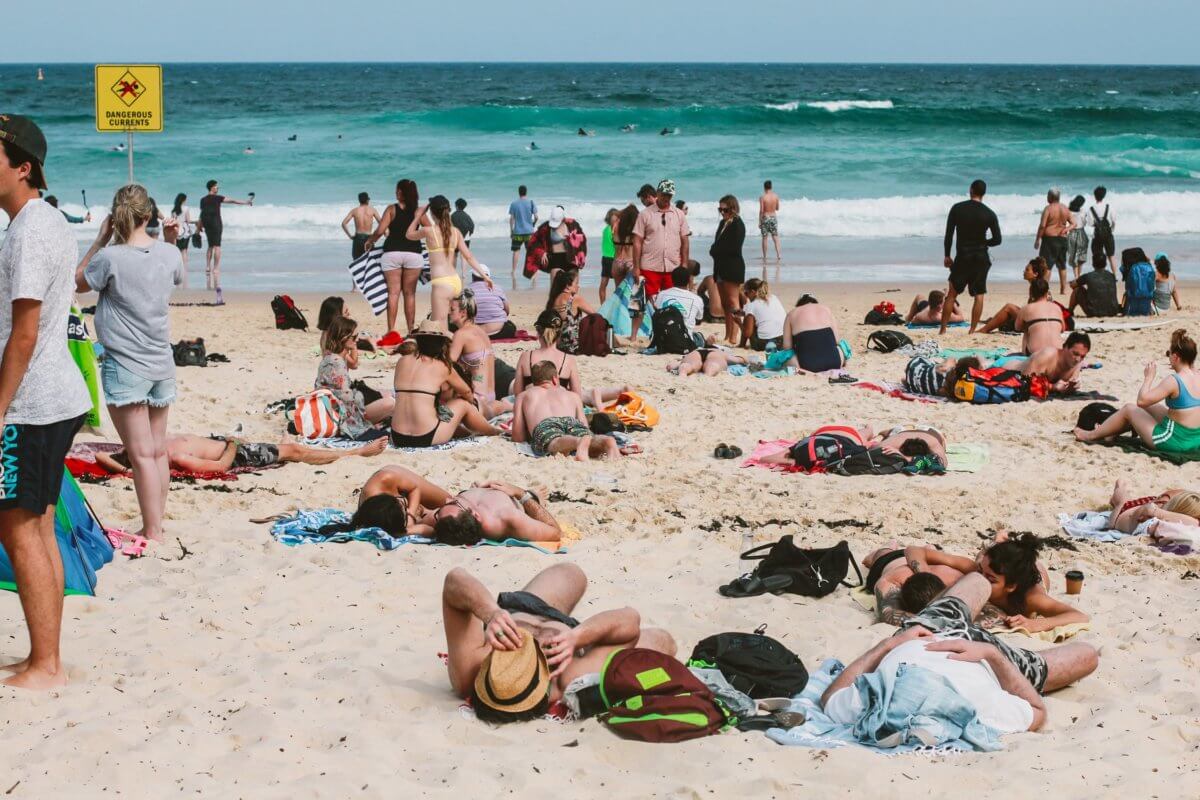Now that spring has sprung, and we are approaching the end of Canberra’s woeful winter, it is important to remember to slip, slop and slap. We need to protect ourselves from the harmful UV rays that accompany the sun’s return. However, before you lather yourself in a bottle of Banana Boat, it is important to note what chemicals are going into your sunscreen. They can have serious impacts on the environment.
Oxybenzone is one of the main ingredients in sunscreen. It is found in approximately 3,500 brands of sunscreen across the globe. Oxybenzone has been discovered to cause deformities in the soft tissue of coral and exacerbates the impact of coral bleaching. This chemical significantly damages adult coral but also has catastrophic impacts on newborn coral. It acts as an endocrine disruptor, which inhibits a reefs ability to regenerate.
It is estimated that up to 14,000 tonnes of sunscreen end up in reefs across the world each year. Popular tourist areas such as the Great Barrier Reef, the Caribbean and Hawaii are particularly affected. Oxybenzone has such an impact on the health of coral that a single drop in a water mass the size of six and a half Olympic swimming pools will have a devastating effect.
These impacts have prompted responses in countries such as the US and Mexico. Mexico’s Pulmo National Marine Park requires all tourists to only wear biodegradable sunscreen products. In 2018, Hawaii also banned sunscreens that contained oxybenzone and octinoxate due to their detrimental impacts on their local coral reefs.
Despite these implications, it is still extremely important to block out those UV rays during the warmer months. Many companies are becoming increasingly aware of the dangers of oxybenzone and are developing sunscreens without the harmful chemical. If you are looking for the best sunscreens to buy, those with biodegradable ingredients such as titanium oxide or zinc oxide are great for shielding yourself from the sun and protecting our reefs. Cancer Council sunscreen products in Australia no longer contain oxybenzone and octinoxate is gradually being phased out. This is making sunscreen safe for both humans and the environment.
So as the temperatures begin to rise and the season of BBQ’s and pool parties dawns upon us, make sure to check what’s in your sunscreen before you slip, slop and slap. Help keep our reefs happy.
We acknowledge the Ngunnawal and Ngambri people, who are the Traditional Custodians of the land on which Woroni, Woroni Radio and Woroni TV are created, edited, published, printed and distributed. We pay our respects to Elders past and present. We acknowledge that the name Woroni was taken from the Wadi Wadi Nation without permission, and we are striving to do better for future reconciliation.
